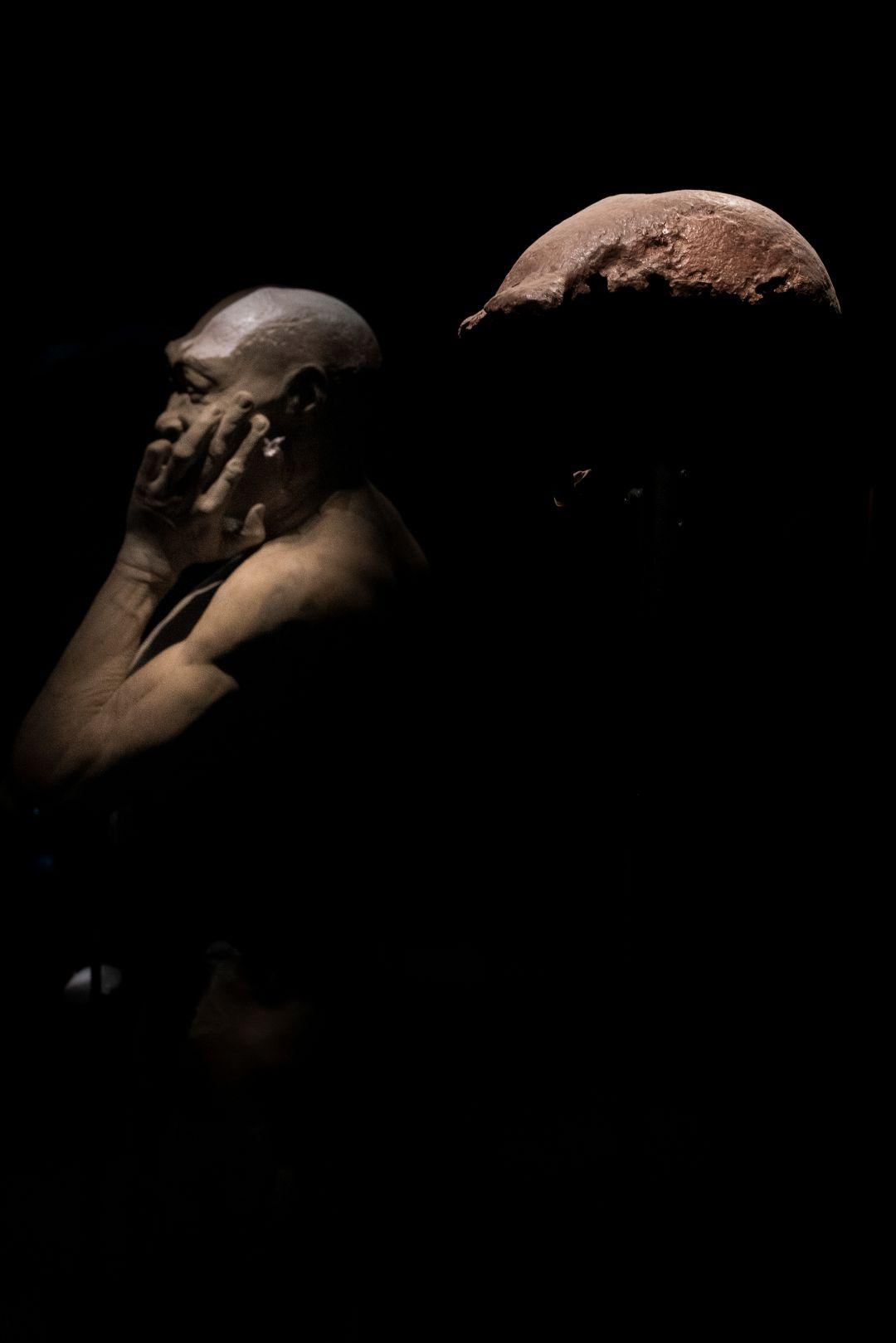The Netherlands to return Dubois Collection Fossils to Indonesia

The Dutch government has decided to return the Dubois Collection to Indonesia. This decision was made by the Minister of Education, Culture, and Science, Gouke Moes, based on the recommendation of the independent Colonial Collections Committee. Naturalis Biodiversity Center, which currently manages the collection, will cooperate in the restitution.
The Dubois Collection consists of 28,000 fossils, primarily from Java and Sumatra. Well-known specimens, such as the skullcap, molar, and thigh bones of the species we now call Homo erectus, are part of the collection to be repatriated. With his discovery of a "missing link" between humans and apes, Dubois demonstrated that humans, like other animals, are a product of evolution. His work is thus considered a crucial pillar of the Enlightenment. The fossils were excavated under Dubois's supervision by forced laborers under extremely difficult conditions, during the period when Indonesia was a Dutch colony. The collection was brought to the Netherlands, where the predecessors of Naturalis were entrusted with its management by the Dutch government.
The Colonial Collections Committee, chaired by Lilian Gonçalves-Ho Kang You, provided its recommendation regarding the Indonesian government's 2022 restitution request. The three-year waiting period for this recommendation was a result of exceptionally thorough research, including provenance research conducted by Naturalis itself. Marcel Beukeboom, General Director of Naturalis, commended the committee for its recommendation: "The well-founded recommendation provided new legal insights, making restitution the correct choice. We understand this is a significant moment for the Indonesian people. For them, it symbolizes the injustice their country has endured."
In its recommendation, the committee determined that on both moral and legal grounds, the Dubois Collection does not belong to the Netherlands. It is considered plausible that the fossils were removed against the will of the local population. Fossils held spiritual value for the indigenous people, and force was used to identify excavation sites.
Scientists from the Netherlands, Indonesia, and many other countries have been studying the history and evolution of humanity based on this collection for many years and continue to make new discoveries together. We look forward to continuing our decades-long research collaboration with Indonesian scientists. We are grateful that we were able to display these key pieces in our museum for so long and anticipate they will find a new home in Indonesia where a new audience can appreciate them.
It is not yet known until when the Dubois fossils will be on display at the museum.
Main Image: Homo Erectus and skullcap Courtesy Naturalis
